Distance Facilitator Program Overview
The Distance Facilitator Program is designed for individuals who cannot attend the in-person practicum during this cohort. This program provides a flexible pathway to complete the online portion of the training now, with the practicum deferred to a future cohort. Completion of the practicum is required before applying for licensure in Oregon and is billed separately for $1,000 when scheduled.
Program Schedule
- Dates: January 6, 2025 – March 14, 2025
- In-Person Practicum: To be scheduled in a future cohort in Eugene, OR
Eligibility Requirements
- Must be at least 21 years old
- GED or higher educational qualification
- No prior medical or therapy background required—open to anyone passionate about holistic healing and personal growth
Program Features
- Flexible Learning: Combines live online sessions and self-paced coursework to accommodate individual schedules.
- Future Practicum Option: Enables participants to complete the practicum during a future cohort when schedules and budgets allow.
- Comprehensive Curriculum: Covers essential skills, legal frameworks, cultural considerations, and practical applications.
Curriculum Overview
- Orientation for Students
- Total Hours: 2 (2 Live Online)
- Introduction to program structure, objectives, and expectations.
- Historical, Traditional, and Contemporary Practices and Applications (OPF101)
- Total Hours: 12 (6 Live Online, 6 Self-Paced)
- Topics include the history of plant medicines, impacts of drug policy, and academic research.
- Pharmacology, Neuroscience, and Clinical Research (OPF102)
- Total Hours: 4 (2 Live Online, 2 Self-Paced)
- Topics include pharmacodynamics, drug interactions, brain mechanisms, and addiction models.
- Core Facilitation Skills (OPF103)
- Total Hours: 16 (8 Live Online, 8 Self-Paced)
- Topics include client communication, trauma-informed care, and managing psychological and physical responses.
- Group Facilitation (OPF104)
- Total Hours: 16 (8 Live Online, 8 Self-Paced)
- Topics include assessing client compatibility, group dynamics, preparation, integration, and regulatory requirements.
- Cultural Equity in Relation to Services (OPF105)
- Total Hours: 12 (6 Live Online, 6 Self-Paced)
- Topics include cultural equity, systemic inequities, intergenerational trauma, and responsible referrals.
- Safety, Ethics, and Responsibilities (OPF106)
- Total Hours: 12 (6 Live Online, 6 Self-Paced)
- Topics include facilitator biases, professional standards, ethics, and harm reduction strategies.
- Preparation and Orientation (OPF107)
- Total Hours: 16 (8 Live Online, 8 Self-Paced)
- Topics include client intake, trauma-informed communication, safety concerns, and cultural dynamics.
- Administration (OPF108)
- Total Hours: 20 (10 Live Online, 10 Self-Paced)
- Topics include dosing strategies, trauma management, challenging behaviors, and administration completion.
- Integration (OPF109)
- Total Hours: 12 (6 Live Online, 6 Self-Paced)
- Topics include interpreting experiences, facilitating positive changes, and addressing safety concerns.
Program Breakdown
- Live Online Hours: 62
- Self-Paced Learning: 60
- In-Person Practicum: 0 (Deferred)
- Total Program Hours: 122
How to Enroll
To complete the intake, application, and enrollment process:
- Schedule a 30-minute session here.
For questions, call 541-525-0103 or email info@aaalearninginstitute.com.
This program offers a robust foundation for facilitators through flexible online learning. Participants are well-prepared to continue their journey by completing the deferred practicum, enabling them to meet licensure requirements at a time that accommodates their schedules.
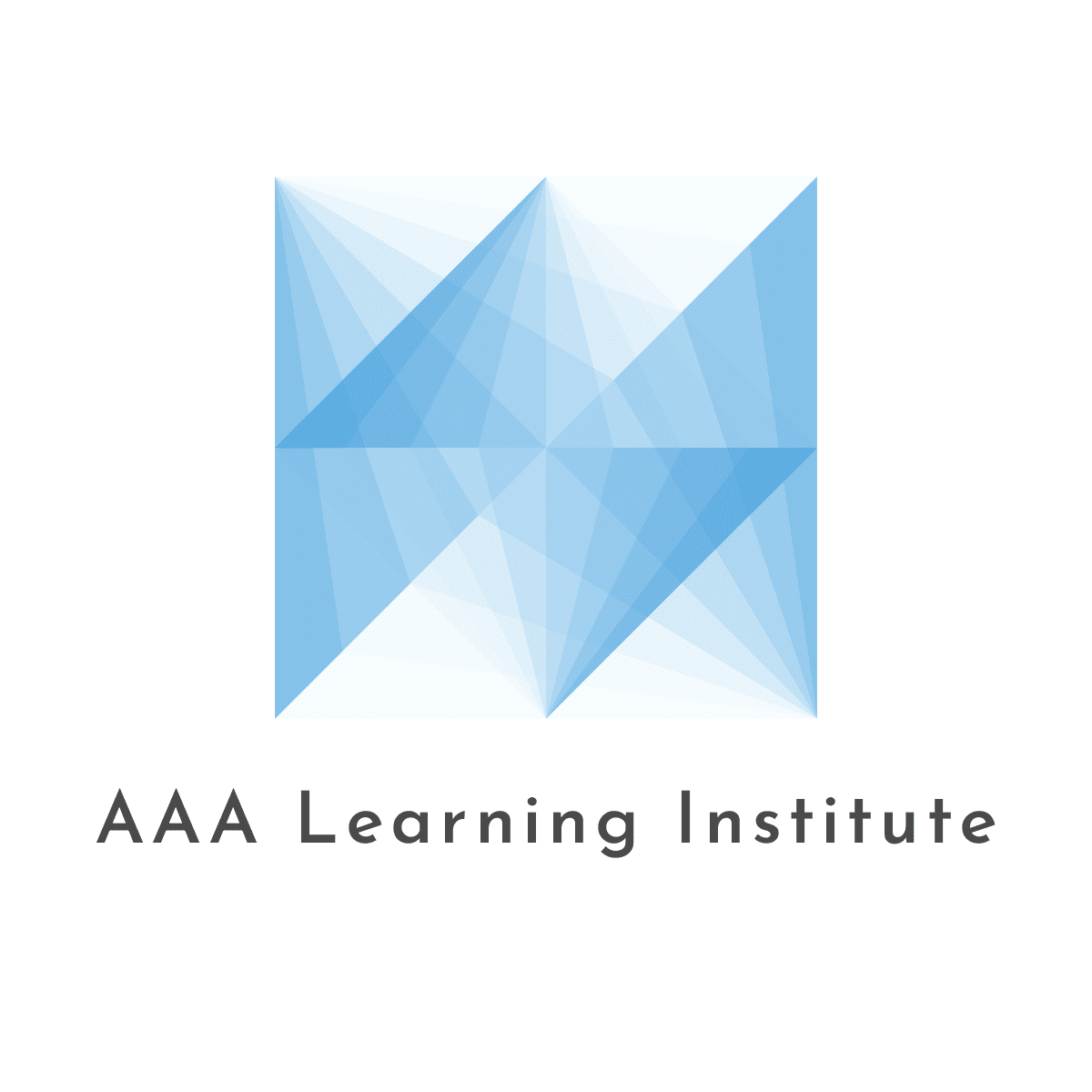
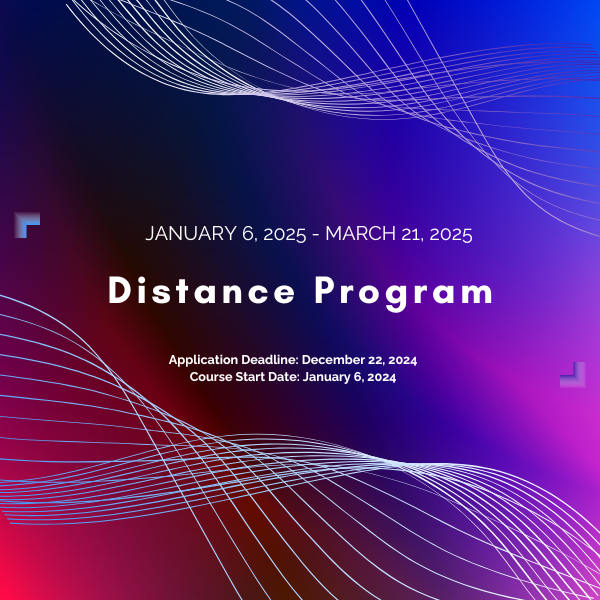
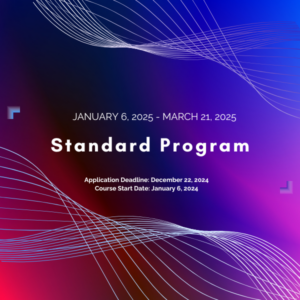
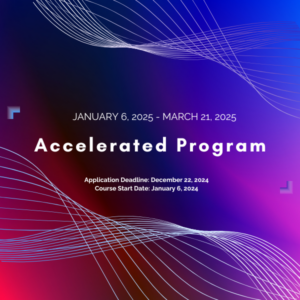
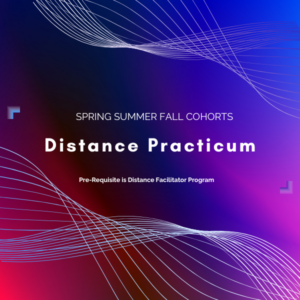
Reviews
There are no reviews yet.